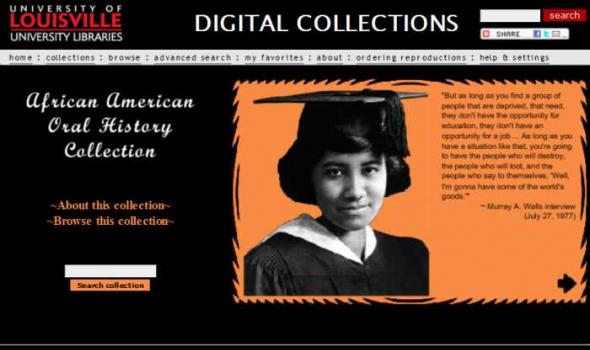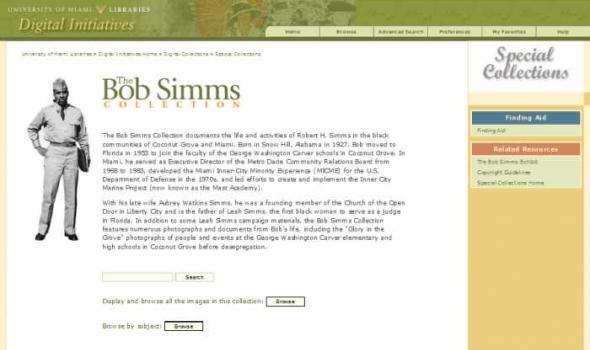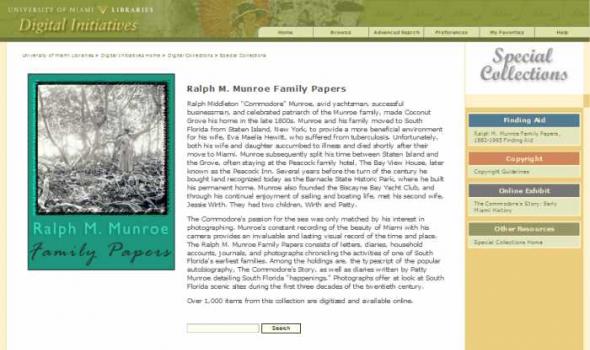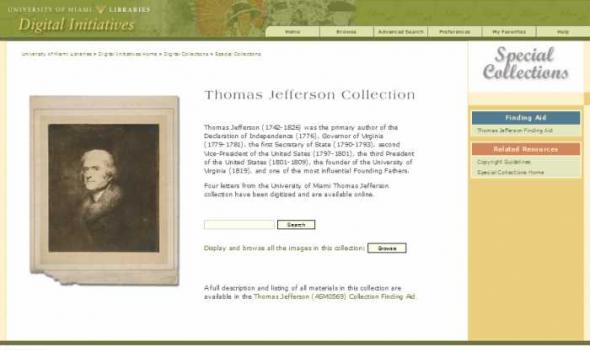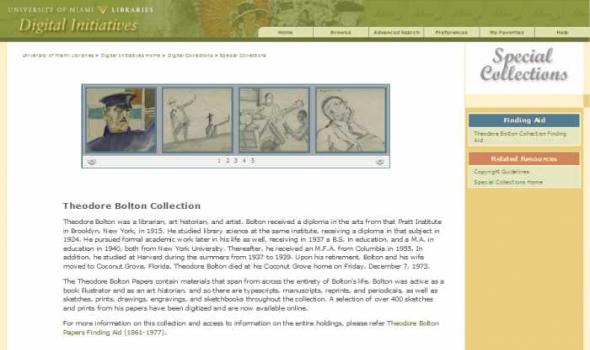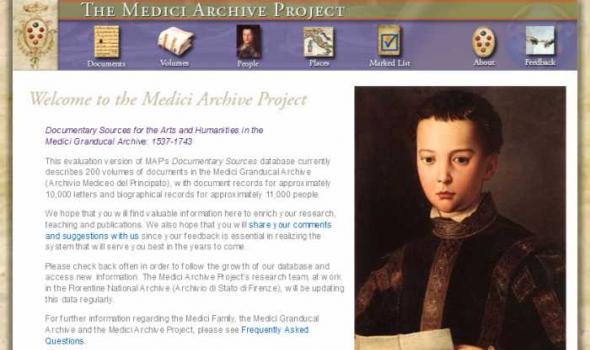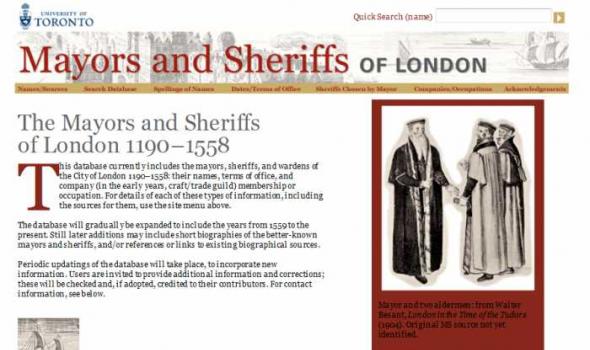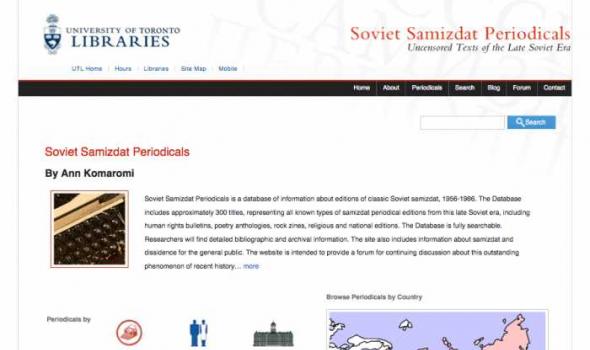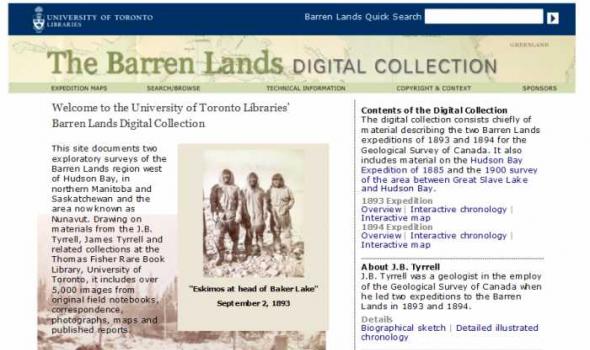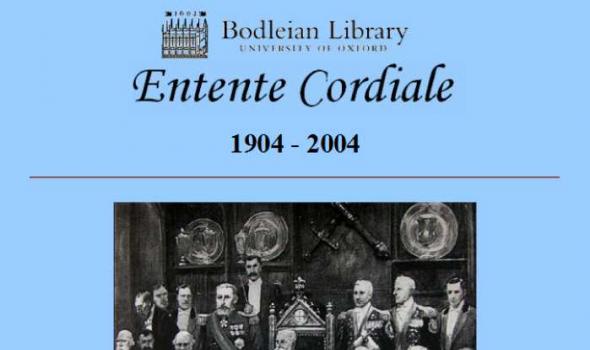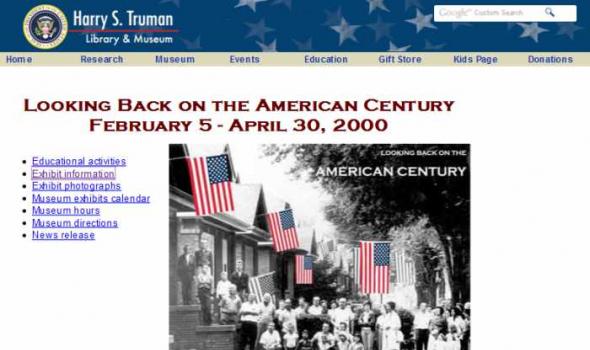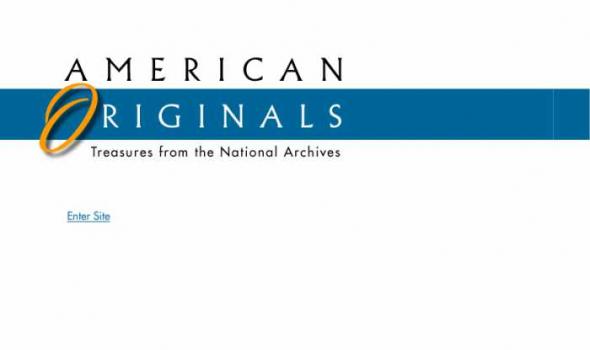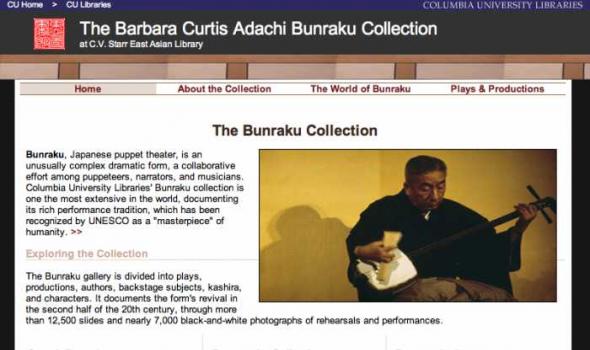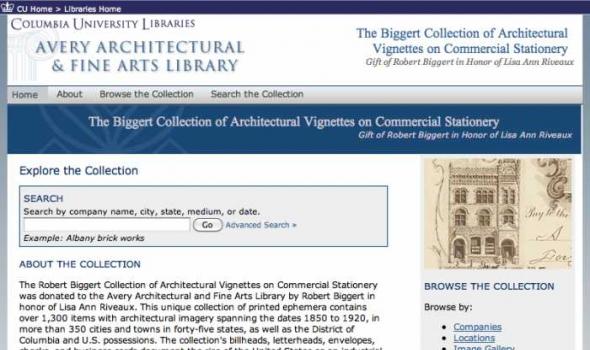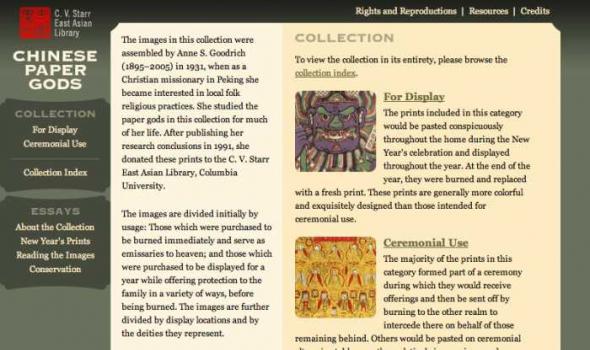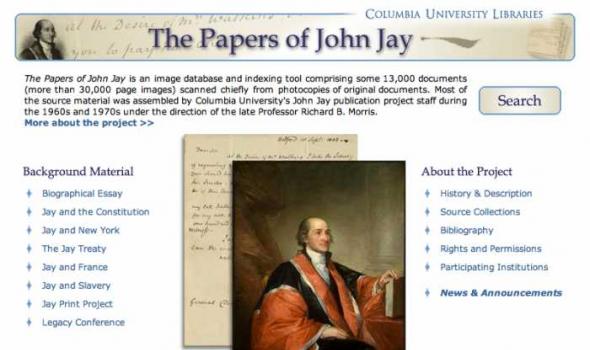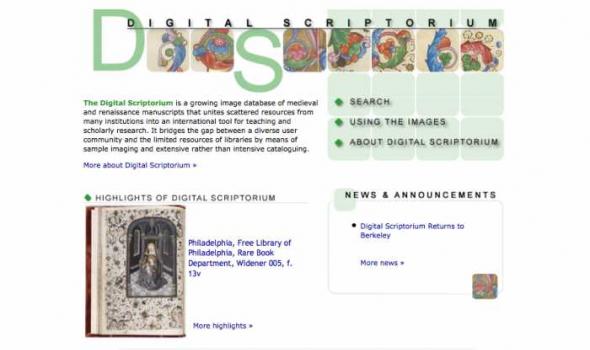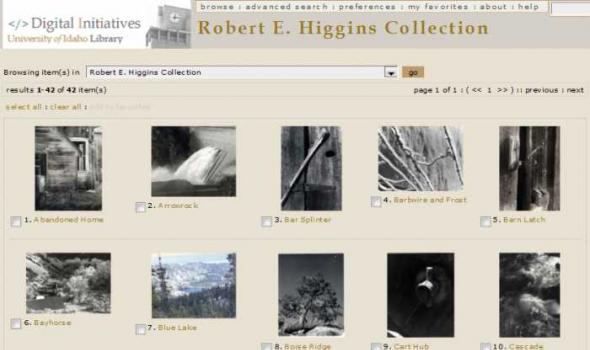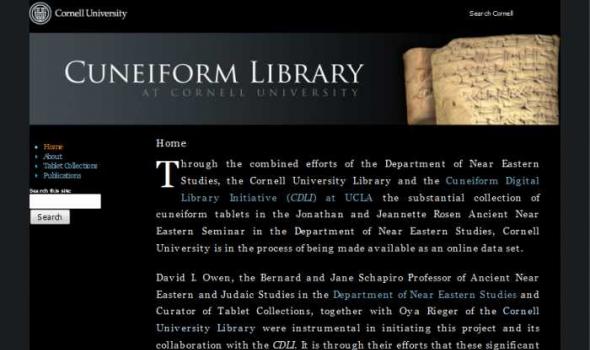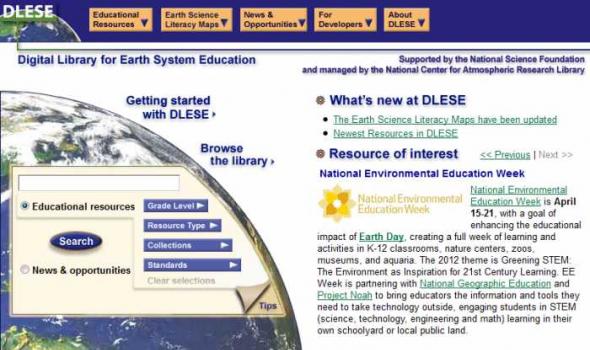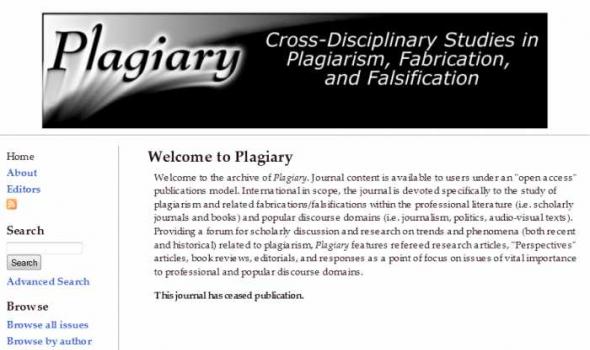Category: History & Historiography, Text
Results
DIGITAL COLLECTIONS About the Collection The Oral History Center at the University of Louisville has long sought to aid in the documentation of the history of Louisville's African American community. This effort was bolstered in the 1970s by funding from the Kentucky Oral History Commission, which supported a number of the interviews included in this first online offering. The African American Oral History Collection includes interviews conducted as part of projects designed to document particular aspects of Louisville's history and/or important local institutions, such as the Red Cross (Community) Hospital and the Louisville Municipal College, as well as projects that sought to document African American life more generally. Most of the interviews were conducted in the late 1970s.
The Bob Simms Collection documents the life and activities of Robert H. Simms in the black communities of Coconut Grove and Miami. Born in Snow Hill, Alabama in 1927, Bob moved to Florida in 1953 to join the faculty of the George Washington Carver schools in Coconut Grove. In Miami, he served as Executive Director of the Metro Dade Community Relations Board from 1968 to 1983, developed the Miami Inner-City Minority Experience (MICME) for the U.S. Department of Defense in the 1970s, and led efforts to create and implement the Inner City Marine Project (now known as the Mast Academy).
Alan Crockwell Collection Alan Crockwell, a science teacher at The Carrolton School of the Sacred Heart in Coconut Grove, moved from Buffalo to Miami in 1977. Crockwell co-founded the Miami Memorabilia Collectors Club in 1991. He has published numerous articles on Miami history and its collectibles. The Alan Crockwell Collection contains a variety of materials from different sources that document the history of Miami, Coconut Grove, Coral Gables, and greater Miami-Dade County. Much of the content is related to Ralph Middleton Munroe and his family.
Ralph M. Munroe Family Papers Ralph Middleton "Commodore" Munroe, avid yachtsman, successful businessman, and celebrated patriarch of the Munroe family, made Coconut Grove his home in the late 1800s. Munroe and his family moved to South Florida from Staten Island, New York, to provide a more beneficial environment for his wife, Eva Maelia Hewitt, who suffered from tuberculosis. Unfortunately, both his wife and daughter succumbed to illness and died shortly after their move to Miami. Munroe subsequently split his time between Staten Island and the Grove, often staying at the Peacock family hotel, The Bay View House, later known as the Peacock Inn.
Thomas Jefferson (1742-1826) was the primary author of the Declaration of Independence (1776), Governor of Virginia (1779-1781), the first Secretary of State (1790-1793), second Vice-President of the United Sates (1797-1801), the third President of the United States (1801-1809), the founder of the University of Virginia (1819), and one of the most influential Founding Fathers. Four letters from the University of Miami Thomas Jefferson collection have been digitized and are available online. A full description and listing of all materials in this collection are available in the Thomas Jefferson (ASM0569) Collection Finding Aid
Theodore Bolton Collection Theodore Bolton was a librarian, art historian, and artist. Bolton received a diploma in the arts from that Pratt Institute in Brooklyn, New York, in 1915. He studied library science at the same institute, receiving a diploma in that subject in 1924. He pursued formal academic work later in his life as well, receiving in 1937 a B.S. in education, and a M.A. in education in 1940, both from New York University. Thereafter, he received an M.F.A. from Columbia in 1955. In addition, he studied at Harvard during the summers from 1937 to 1939. Upon his retirement, Bolton and his wife moved to Coconut Grove, Florida. Theodore Bolton died at his Coconut Grove home on Friday, December 7, 1973.
Mission An Unprecedented Model for a Research Institute Since its foundation in the early 1990s, the Medici Archive Project (MAP) has been innovating new strategies for research in the Humanities. During the early stages of its existence, MAP’s mission was to merge archival research with technological innovations for data management. A pioneering group of scholars began to catalog in a rudimentary electronic database the letters of one of the most exhaustive and complete courtly archives of early modern Europe: the Medici Granducal Archival Collection (Mediceo del Principato). This archival collection ??? comprising over four-million letters distributed in 6,429 volumes and occupying a mile of shelf space ??? covers a chronological span of two hundred years, from 1537 to 1743.
The Mayors and Sheriffs of London 1190–1558 The database will gradually be expanded to include the years from 1559 to the present. Still later additions may include short biographies of the better-known mayors and sheriffs, and/or references or links to existing biographical sources. Periodic updatings of the database will take place, to incorporate new information. Users are invited to provide additional information and corrections; these will be checked and, if adopted, credited to their contributors. For contact information, see below. Mayor and two aldermen: from Walter Besant, London in the Time of the Tudors (1904). Original MS source not yet identified.
Soviet Samizdat Periodicals is a database of information about editions of classic Soviet samizdat, 1956-1986. The Database includes approximately 300 titles, representing all known types of samizdat periodical editions from this late Soviet era, including human rights bulletins, poetry anthologies, rock zines, religious and national editions. The Database is fully searchable. Researchers will find detailed bibliographic and archival information. The site also includes information about samizdat and dissidence for the general public. The website is intended to provide a forum for continuing discussion about this outstanding phenomenon of recent history… more
This site documents two exploratory surveys of the Barren Lands region west of Hudson Bay, in northern Manitoba and Saskatchewan and the area now known as Nunavut. Drawing on materials from the J.B. Tyrrell, James Tyrrell and related collections at the Thomas Fisher Rare Book Library, University of Toronto, it includes over 5,000 images from original field notebooks, correspondence, photographs, maps and published reports.
1904 - 2004 Colloque franco-britannique To coincide with the colloque franco-britannique events in Oxford and London (14-15 October 2004) the latest additions to the website illustrate two different aspects of the impact made by King Edward VII's visit to Paris in April 1903. The first is an extract from one of the many press cuttings in Sir Edmond Monson's papers marking the event. Provided by Romeike & Curtis, a press cutting agency in Ludgate Circus Buildings, London, the cutting from the Belfast Newsletter of 8 May 1903 describes the culinary impact of the visit and the King's preference for simple table settings. The second extract is taken from the centenary lecture given by Dr.
Last Updated: 19/03/2004 Disclaimer: This website is best viewed with a monitor resolution of at least 1024x768. eMail: victoriantimes@cdlr.strath.ac.uk Victorian Times is funded by the New Opportunities Fund (NOF) under their digitisation funding strand. � Centre for Digital Library Research, University of Strathclyde, 2003-2009
Inside the National Archives Southeast Region 1. Welcome The Southeast Region of the National Archives holds in trust original records documenting the settlement and development of a unique section of the United States. It maintains historical records from regional offices of Federal agencies in Alabama, Florida, Georgia, Kentucky, Mississippi, North Carolina, South Carolina, and Tennessee. These records are the documentary evidence of day-to-day occurrences that have become part of our history. This presentation highlights treasures in the region's holdings. It tells intriguing stories of the people who once inhabited this land. Some documents are about famous people and events.
National Archives and Records Administraton Eyewitness American Originals from the National Archives Introduction Out of the stacks and vaults of the National Archives comes this selection of eyewitness accounts. They are vivid and intensely personal, transporting us to a deeper understanding of the events described.
Since the signing of the Declaration of Independence, our rights as citizens of the United States have been debated, contested, amended, and documented. The Bill of Rights, the first 10 amendments to the Constitution, established our basic civil rights. Later amendments and court decisions have continued the process of defining our human and civil rights. Documents in the National Archives give voice to our national struggle for personal rights and freedoms. From the Emancipation Proclamation to the five cases that comprised Brown v. Board of Education , this exhibit features a sampling of documents from all regions of the National Archives.
Looking Back on the American Century February 5 � April 30, 2000 In 1940 publisher Henry Luce used the phrase "the American Century" to describe the emergence of the United States as the preeminent world power. Beginning with the accession of a young and energetic Theodore Roosevelt to the Presidency in 1901, the United States began to turn its vast resources onto the world stage. Since that time, through world wars, depression, boom times, social upheavals, scientific and technological developments, and cultural trends, the United States vigorously placed its stamp of influence on the 20th Century. This exhibition presents a small taste of the American Century.
During the debates on the adoption of the Constitution, its opponents repeatedly charged that the Constitution as drafted would open the way to tyranny by the central government. Fresh in their minds was the memory of the British violation of civil rights before and during the Revolution. They demanded a "bill of rights" that would spell out the immunities of individual citizens.
Drafted by Thomas Jefferson between June 11 and June 28, 1776, the Declaration of Independence is at once the nation's most cherished symbol of liberty and Jefferson's most enduring monument. Here, in exalted and unforgettable phrases, Jefferson expressed the convictions in the minds and hearts of the American people. The political philosophy of the Declaration was not new; its ideals of individual liberty had already been expressed by John Locke and the Continental philosophers.
The Federal Convention convened in the State House (Independence Hall) in Philadelphia on May 14, 1787, to revise the Articles of Confederation. Because the delegations from only two states were at first present, the members adjourned from day to day until a quorum of seven states was obtained on May 25. Through discussion and debate it became clear by mid-June that, rather than amend the existing Articles, the Convention would draft an entirely new frame of government. All through the summer, in closed sessions, the delegates debated, and redrafted the articles of the new Constitution.
In 1761, fifteen years before the United States of America burst onto the world stage with the Declaration of Independence, the American colonists were loyal British subjects who celebrated the coronation of their new King, George III. The colonies that stretched from present-day Maine to Georgia were distinctly English in character although they had been settled by Scots, Welsh, Irish, Dutch, Swedes, Finns, Africans, French, Germans, and Swiss, as well as English. As English men and women, the American colonists were heirs to the thirteenth-century English document, the Magna Carta, which established the principles that no one is above the law (not even the King), and that no one can take away certain rights.
"American Originals" is a changing exhibit that has presented the nation's greatest documentary treasures in the Rotunda of the National Archives Building since December 1995. Over the years, the exhibit has featured the first printing of the Declaration of Independence, the police blotter listing Abraham Lincoln's assassination, the first report of the Titanic's collision with an iceberg, Rosa Parks's arrest records, and many other items. Both famous and rare, these documents provide unique insights into the towering figures and events that have shaped U.S. history.
